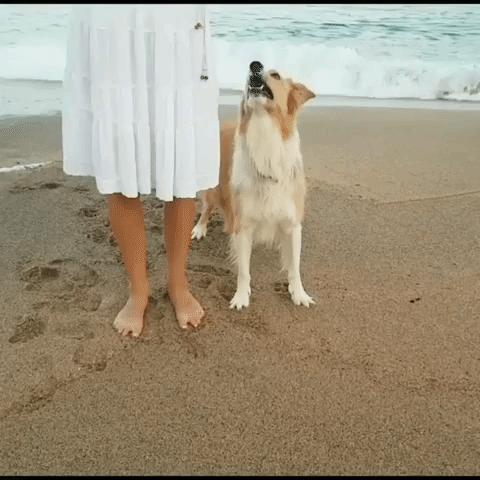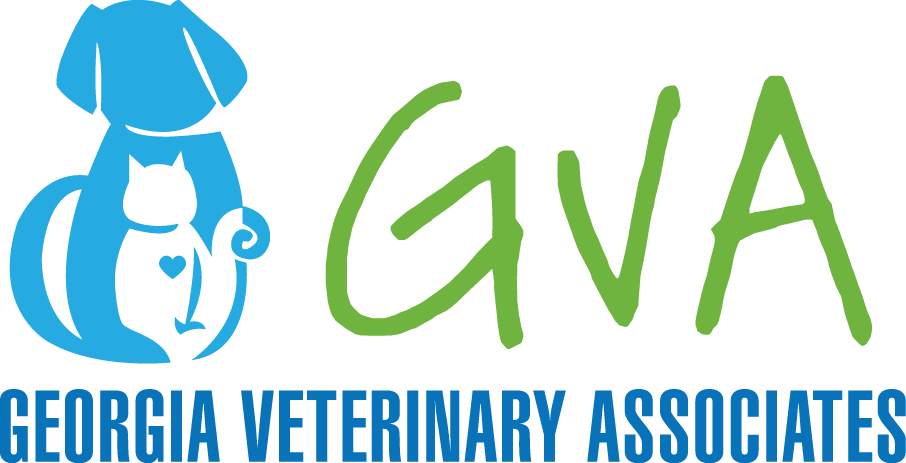National train your dog month is upon us, and we're here to help you navigate and find some fun ways to celebrate with your pup this January.
 Dog training is pretty much as old as domesticated dogs themselves. The earliest writings and recorded instances of dog training were in Rome around 127-112 B.C.E. A Roman farmer saw the benefit of training dogs to herd livestock. He also saw the benefit of starting to train dogs when they were very young, something we today still recognize. Later in 1848, the book Dog Breaking: The Most Expeditious, Certain and Easy Method, Whether Great Excellence or Only Mediocrity, With Odds and Ends for Those Who Love the Dog and the Gun - yes, that is the complete title - was published and focused on training dog to hunt. Dog training for specific tasks has been around since WWII. During this time, dogs were trained to not only trained to assist on the front lines during wartime but after the war as well. Most notably, German Shepherds were trained to assist the blind. It was only after WWII that the modern idea of obedience training became widespread.
Dog training is pretty much as old as domesticated dogs themselves. The earliest writings and recorded instances of dog training were in Rome around 127-112 B.C.E. A Roman farmer saw the benefit of training dogs to herd livestock. He also saw the benefit of starting to train dogs when they were very young, something we today still recognize. Later in 1848, the book Dog Breaking: The Most Expeditious, Certain and Easy Method, Whether Great Excellence or Only Mediocrity, With Odds and Ends for Those Who Love the Dog and the Gun - yes, that is the complete title - was published and focused on training dog to hunt. Dog training for specific tasks has been around since WWII. During this time, dogs were trained to not only trained to assist on the front lines during wartime but after the war as well. Most notably, German Shepherds were trained to assist the blind. It was only after WWII that the modern idea of obedience training became widespread.
How do you plan on celebrating Train Your Dog Month?
- Teach your pup a new trick or two!
- It's never too late to start training sessions with your pup. Consider setting a goal to teach your pet one new trick or command in the month of January. Start with the basics. Sit and Stay are not only easy to learn but helpful in everyday life as well. Don't be fooled by the old adage 'you can't teach an old dog new tricks'. You most certainly can with hard work and determination.
- Set aside training time this month.
- Consider setting aside one hour, once a week to practice your new skill with your pup. It takes only two weeks to form a habit so maybe you'll continue the sessions throughout the year!
Benefits of a Trained Dog.
- It can save their life.
- As pet owners, our worst fear is our pets getting in harm way. With proper training, you can prevent escape attempts, door bolting, and so much more. Worse case they do get out, a well-trained pup is more likely to listen to a 'sit' or 'stay' command which may save their life.
- You can better understand each other.
- Training and spending one-on-one time with your pet deeps your bond with them. You'll both pick up small cues you each use to convey emotion. A stronger bond is proven to reduce stress on both ends. With training, your pet will actually look to you for help during a stressful situation.
- Provides simulation.
- Certain dog breeds such as working dogs like Poodles, Akitas, and German Shepherds, do best with structure and simulation. Dogs were bred with a purpose and sitting around the house, wasn't it. Smaller dog breeds are more likely to be content with a more relaxed lifestyle, but larger, working dogs may not and a lack of stimulation can cause other behavior problems. See huskies as a prime example. So while they may not be pulling sleds with you, training sessions and mental stimulation is enough to satisfy their drive.
- Better control.
- You know what's best for your pet, where they are more likely to go where their hearts take them. With proper training, you can better control where they want to go and do. It also means that your pet's world just got much bigger. With a well-trained pup, you can go to more dog-friendly establishments, without worrying if they behave. It also can eliminate bad behaviors in the house allowing them free roam when you have company over or when you are not home.
- It makes Vet visits much less stressful for all parties.
- Training and desensitizing is a huge part of having a calm dog at the vet. Puppies who are trained and used to having people handling them are much more relaxed in all sorts of new and/or stressful environments. We highly recommend getting your puppy used to all sorts of new environments, even the Vet, at an early age. Dogs who require a lifetime of grooming also receive a huge benefit from visiting a groomer at a very young age. Most Groomers have a 'puppy groom' where it's more about getting your puppy used to the new noises, people, and situations they'll see during a groom and less about the groom its self.
Training is a huge benefit no matter the time of year. If you have any questions about training, desensitizing, puppy grooms or anything else, please contact us today.
